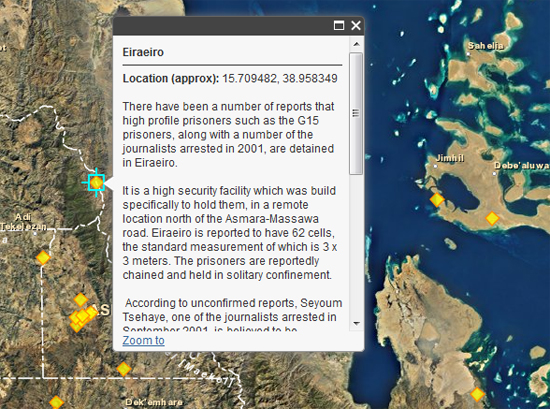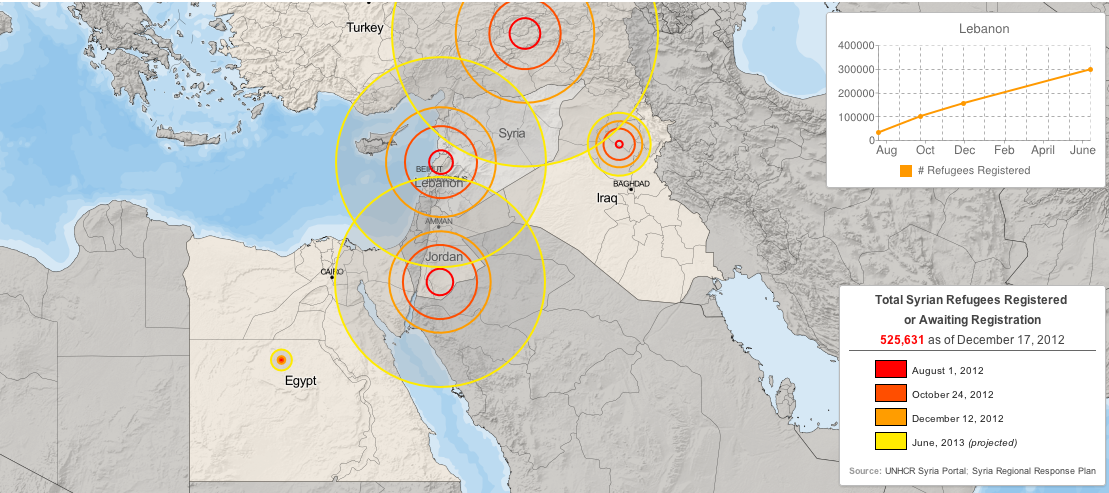As the 20 year anniversary of Eritrea’s independence from Ethiopia approaches, the euphoria and – one may speculate – hope, that characterized celebrations on May 24, 1993 could hardly be more incongruent with the bleak reality faced by the Eritrean people today.
The scope of repression in Eritrea is truly striking. Thousands of prisoners of conscience and political prisoners have disappeared into a vast and secret system of detention, many never to be heard from again. This system of abuse is used to silent all dissent and punish anyone who refuses to comply, including suspected critics of the government, journalists, pastors and other members of “unregistered” religious groups, those who have been caught attempting to flee the country and those forcibly returned to Eritrea from other countries.


